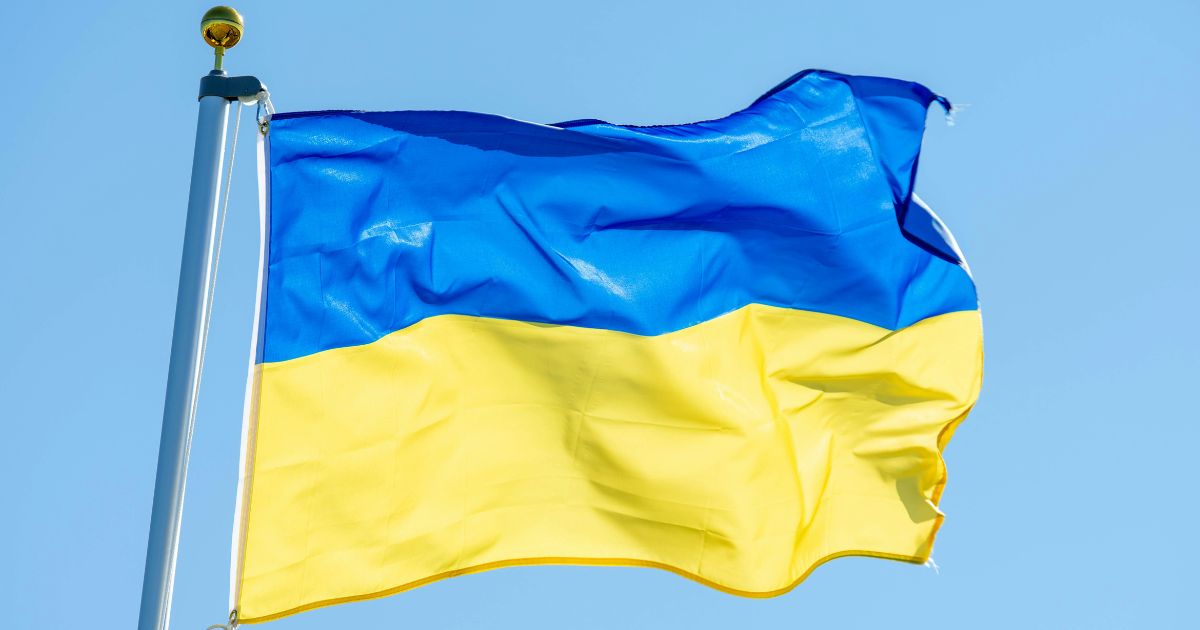Over 20 countries that support Ukraine have vowed to “take Russian oil and gas off the global market” as part of pressure on President Vladimir Putin over the war.
“We’re choking off funding for Russia’s war machine,” UK Prime Minister Sir Keir Starmer said after hosting a summit of the so-called “coalition of the willing” in London.
In recent days, the UK and US have imposed sanctions on Russia’s two biggest oil companies, while the EU targeted Moscow’s liquefied natural gas exports.
Ukrainian President Volodymyr Zelensky, who was also in London, said “pressure” on Russia was the only way to stop the fighting. But no long-range missile deliveries were announced at the summit.
Zelensky has long said US-made Tomahawks and European missiles would help make the war costs heavier for Moscow by hitting key military targets – including oil refineries and weapons depots – deep inside Russia.
But during last week’s talks in Washington, US President Donald Trump indicated to Zelensky that he was not ready to supply Tomahawks.
On 20th October, Putin warned that if “such weapons are used to strike Russian Federation territory, the response will be overwhelming”.
Russia’s full-scale invasion began in February 2022, and it now controls about a fifth of Ukrainian territory, including the Crimean peninsula that it annexed in 2014.
Speaking at a joint press conference after the London summit, Sir Keir said Putin was “not serious about peace”, and therefore Ukraine’s allies agreed a “clear plan for the rest of the year” on supporting Ukraine.
The UK prime minister said this also included targeting Russia’s sovereign assets to “unlock billions to help finance Ukraine’s defence”. He gave no further details.
The EU leaders said Thursday they will help support Ukraine’s “financial needs” for the next two years, but stopped short of an agreement to use frozen Russian assets worth €140bn (£122bn).
Asked about the so-called “reparations loan” for Ukraine, which would be financed by the Russian assets, Danish Prime Minister Mette Frederiksen expressed a hope that a decision could be made by Christmas Eve.
In London, the “coalition of the willing” also vowed to strengthen Ukraine’s air defences amid almost daily Russian air assaults on Ukrainian civilians and energy infrastructure.
Zelensky warned that Russia “wants to make the winter cold a tool of torment”, adding:
“They want to break us.”
Comments by the leaders in London will be disappointing for those who were hoping to hear specific examples of how Kyiv’s allies were planning to prevent Russia from attacking Ukraine.
Doubtless, much of what is said will sound sweet to the Ukrainian ear. For instance, Sir Keir said the UK and Ukraine’s other allies were ready to ratchet up pressure on Moscow.
But none of this was backed by specific examples of exactly how the allies were planning to force such a change on the battlefield or force Putin to the negotiating table.
In Ukraine, several people who spoke to the BBC said they were more focused on everyday problems, rather than following Zelensky’s trip to the UK.
Yana Kolomiets from Odesa reported that the southern city was experiencing a shortage of electricity, heating, and water.
“The scarier thing is that the Russians started launching guided bombs on our region,” she added.
Tetiana Dankevych from Kyiv shared that the power outages and problems with water supplies caused by Russian strikes made life “very difficult”.
“I don’t have a feeling this war will end soon,” she said.
Further support for Ukraine’s energy infrastructure was among the issues discussed at the London summit – though no specific announcements were made.
Dutch Prime Minister Dick Schoof and Nato Secretary General Mark Rutte were among the participants of the London meeting with other leaders, including French President Emmanuel Macron, joining via a video link.
Ukraine and its Western allies have publicly agreed with Trump’s proposal that the fighting should be immediately frozen along the vast front line for negotiations to begin.
Russia has rejected this idea, reiterating demands that Kyiv and its allies describe as de facto capitulation by Ukraine.
Earlier on Friday, the Ukrainian president held talks with King Charles at Windsor – their third meeting this year.




